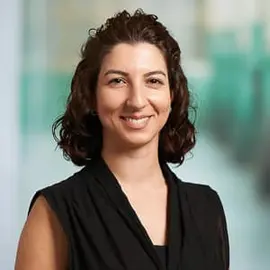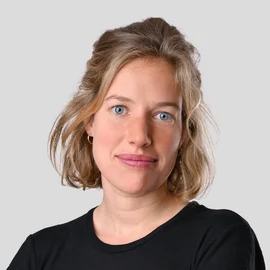German as a Foreign/Second Language

In the professorship of German as a Foreign/Second Language, we conduct research on the interaction between literacy and language didactics. For example, we investigate how adult migrants acquire German as a foreign or second language. This enables us to identify which challenges are associated with language learning, which language teaching and language learning concepts are most effective for which target groups and in which contexts, and how we can evaluate language and communication skills fairly. Such knowledge acts as a catalyst for advancing research. This is because it makes the theories and assumptions of language teaching and language learning research more concrete for different groups of learners and for specific communication domains and develops them further. However, in a world of increasing mobility and migration, this knowledge also helps in practice to empower people by enabling them to use language to participate more fully in education and in their professional and social lives and to act more independently. In doing so, it facilitates effective communication as a basis for collaboration, innovation and negotiating values.
In focus
Job-related language support

Our projects in the area of job-related language support aim to both promote the language and communication skills of vocational school students and trainees and to professionalise teaching staff. The projects demonstrate the impact and effectiveness of scenario-based language didactics as well as, in particular, the scenario-based integrated promotion of reading and writing skills. They also reveal options for language-sensitive specialist teaching and transdisciplinarity in job-specific language support.
- Knowledge communication and transfer: promotion of writing skills in vocational education – concept, implementation and evaluation (in German)
- Writing skills in vocational education (in German)
- Promotion of general writing skills at upper-secondary vocational schools (in German)
- Integrated reading and writing support in subject lessons in vocational education
- Scenario-based reading and writing support in vocational education (in German)
- Language and health (in German)
Evaluating language skills

Language and communication skills are evaluated for different purposes, for example for certification and assessment purposes or as a basis for support measures. Our language skills evaluation projects cover different target groups (e.g. first-year students, school pupils, adults), various test contexts (e.g. studying, migration/integration) and different test purposes (e.g. assessment, certification). We develop tools for the evaluation of language skills and train teachers in using them. In particular, we also look at issues relating to the development of digital language tests.
Technologies in language teaching and learning

Language technologies, in particular artificial intelligence, are changing language teaching and learning as well as the research being conducted into these areas. Current issues relate to, for example, the development of self-learning programmes, options for automatic text correction and the development of digital literacy skills. We support teachers and learners in using language technologies in a reflective and targeted manner (primarily for the further development of reading and writing skills) and in doing so observe how skills shift and change. To this end, we develop resources (so-called corpora) for research and application purposes. Corpora can, for example, form the basis for the identification of acquisition challenges or for automatic text evaluation.
Projects
Research-based teaching
The results from our research in the area of German as a Foreign/Second Language are integrated into teaching in the BA in Language and Integration, the MA in Language and Communication, continuing education programmes offered by the ILC as well as communications courses in other Schools. In addition, the professorship collaborates closely with the DaF (German as a foreign language) centre at the ILC and the Goethe Institute Testing Centre.





